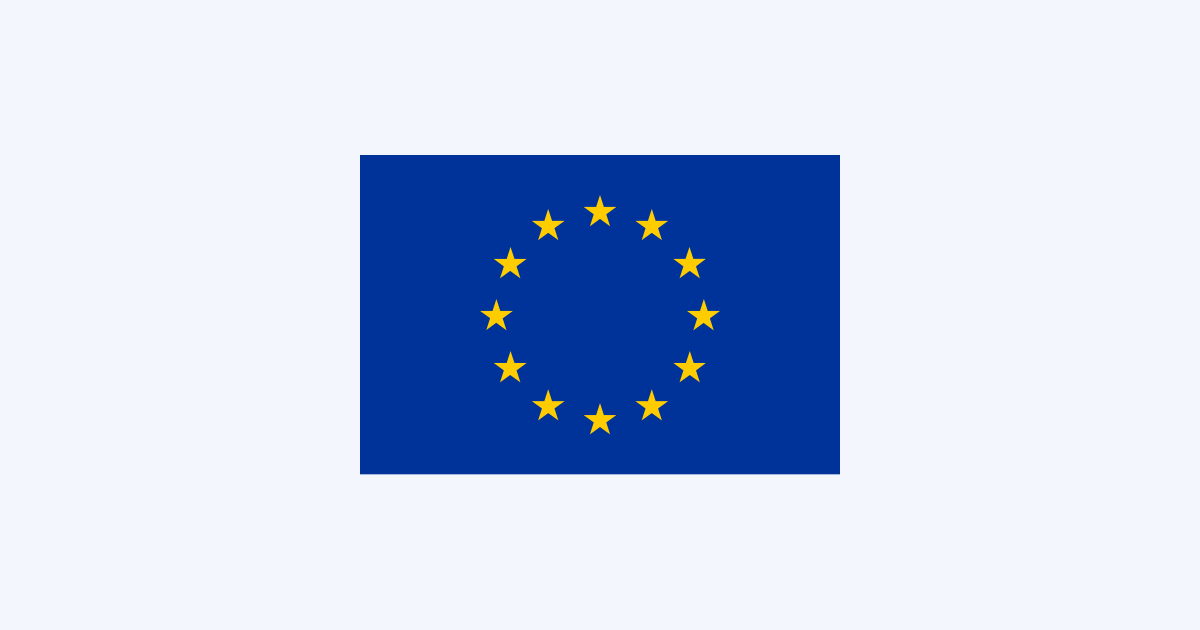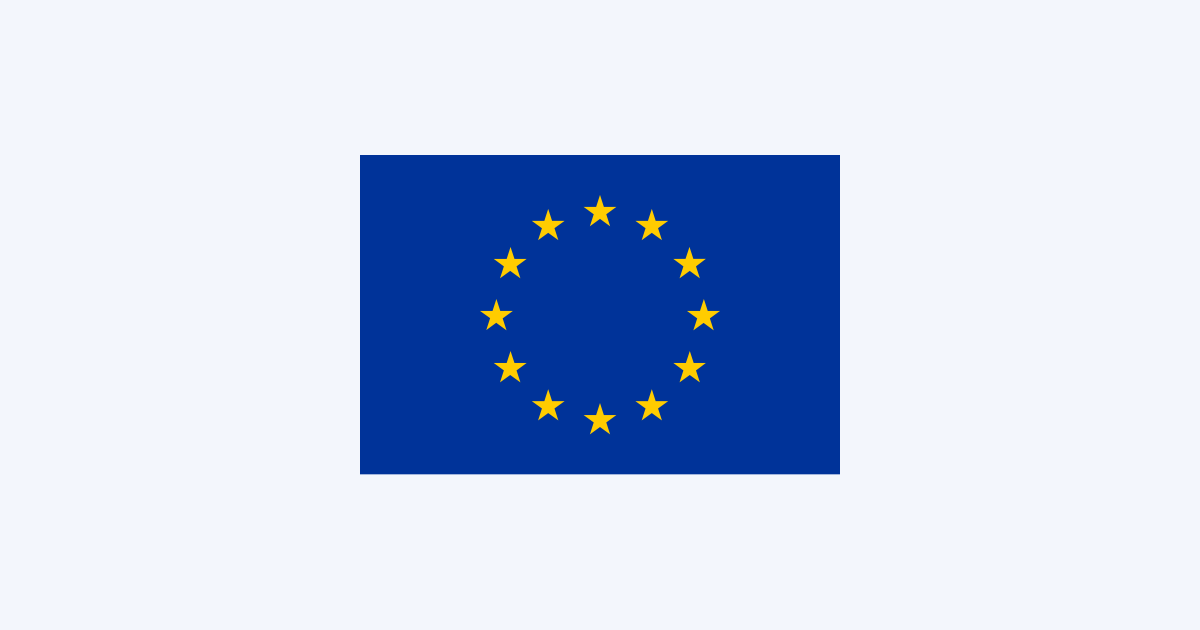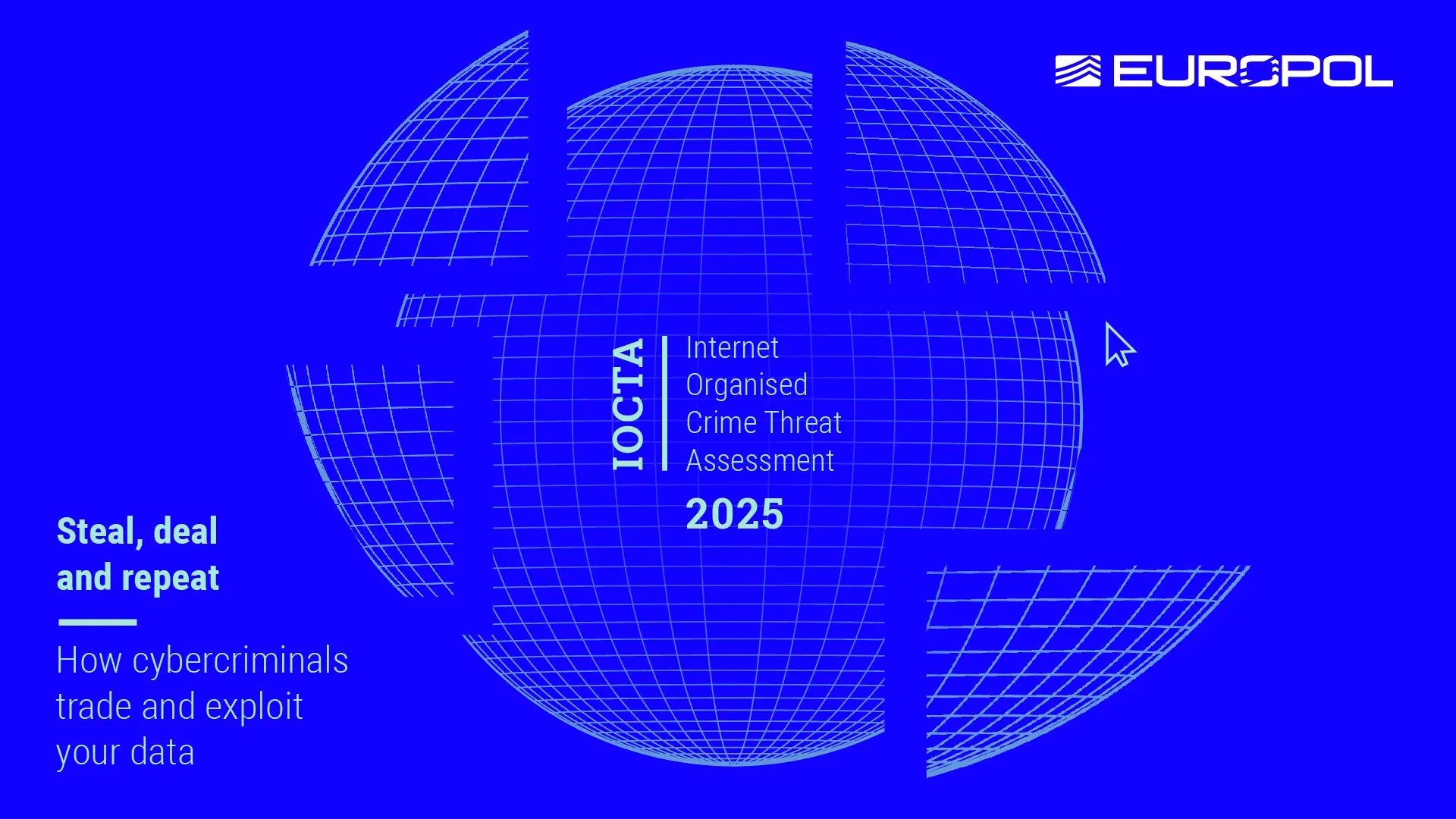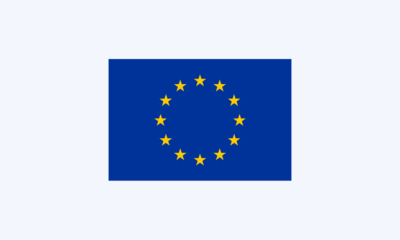Politics
Renovated hospital and preschool open in Lviv Oblast with EU bank support
- Lviv’s St Luke’s Hospital has been upgraded to provide better medical care and a more resilient environment for patients, visitors and healthcare workers amid wartime challenges.
- Preschool No.7 in Truskavets has been renovated to improve energy efficiency to provide a stable learning space for children and educators, including those displaced by the war.
- These projects are part of the Ukraine Early Recovery Programme, aimed at rebuilding essential social infrastructure in Ukrainian communities.
As Ukraine marks three years of Russia’s full-scale war, the European Union continues to support the reconstruction of the country’s vital infrastructure. Two public buildings in Lviv Oblast – St Luke’s Hospital in Lviv and preschool No.7 “Dzvinochok” in Truskavets – have officially opened after renovations. Supported by the European Union and its financial arm, the European Investment Bank (EIB), these projects are part of the broader Ukraine Early Recovery Programme that funds the restoration of essential social infrastructure, including schools, hospitals, water and heating systems and social housing. As war-affected communities continue to face immense challenges, these investments help ensure access to critical services and create more resilient spaces.
Lviv’s St Luke’s Hospital, a key emergency and specialised care centre, has undergone a €940 000 renovation to improve services for its 50 000 annual patients. Home to western Ukraine’s largest burn unit, it plays a crucial role in treating severe injuries. The upgrades, in particular facade insulation and energy efficiency improvements, enhance the hospital’s resilience while creating a more comfortable space for patients, including internally displaced persons.
A €330 000 renovation of preschool No.7 “Dzvinochok” in Truskavets, Lviv Oblast, has created a more energy-efficient and welcoming learning space for pupils including for children displaced by the war and for staff. The project significantly increased the appeal of the building, while increasing its energy efficiency and reducing energy costs. With improved insulation the preschool is now more resilient and sustainable.
In Lviv Oblast, two facilities have already been renovated and six are undergoing reconstruction under the EIB recovery programmes, with a total investment of over €15 million. This includes six educational institutions and two medical facilities, improving access to education and healthcare in the region.
EIB Vice-President Teresa Czerwińska, who is responsible for the Bank’s operations in Ukraine, said: “From day one of Russia’s full-scale war and throughout these three difficult years, the EIB has stood by Ukraine, providing vital support to help the country withstand, recover and rebuild. The reopening of renovated hospital and school in Lviv Oblast is a testament to this ongoing effort, bringing tangible improvements to people’s daily lives.”
EU Ambassador to Ukraine Katarína Mathernová said: “Every rebuilt hospital, school, and kindergarten sends a clear message: the EU stands firmly with Ukraine. Together with the EIB, we are not only helping to repair what has been damaged but also laying the foundations for a stronger, safer Ukraine that is ready to thrive as part of the EU.”
Deputy Prime Minister for Restoration of Ukraine – Minister for Development of Communities and Territories of Ukraine Oleksii Kuleba said: “Together with the EIB, EU Delegation and UNDP, we are modernising outdated and war-damaged infrastructure across Ukraine. Millions of Ukrainians already benefit from renovated schools, hospitals and kindergartens. We have recently launched the first phase of the Ukraine Recovery III programme, paving the way for additional impactful initiatives that will enhance communities and improve the lives of Ukrainians thanks to the EU support.”
Minister of Finance of Ukraine Sergii Marchenko said: “Rebuilding Ukraine’s infrastructure is crucial for strengthening resilience and improving living conditions for our people. With the support of the EU, we are delivering critical projects that enhance healthcare, education and public services. The three EIB-backed recovery programmes, worth €640 million, play a key role in this effort, helping communities rebuild and move forward despite ongoing challenges.”
Head of the Lviv Oblast Military Administration Maksym Kozytskyi said: “The EU bank’s investment in Lviv Oblast is strengthening our region’s infrastructure at a critical time. With many communities hosting large numbers of displaced people, improving healthcare, education and essential services is more important than ever. These projects help ensure that our cities and towns remain functional, resilient and able to meet the needs of all who live here.”
Mayor of Lviv Andriy Sadovyi said: “Restoring and strengthening our city’s infrastructure is essential to supporting both our residents and those who have found refuge here due to the war. With the support of the EU, we are rebuilding vital facilities to ensure Lviv remains a city of resilience, opportunity and hope. Today, we inaugurated a renovated hospital, with many other projects underway to improve daily life and build a stronger future for our community.”
Mayor of Truskavets Andriy Kulchynsky said: “We are grateful to the EU for this investment in our community. The renovation of Preschool No.7 creates a warm, modern and energy-efficient space where our children can learn and grow.”
UNDP Resident Representative to Ukraine Jaco Cilliers said: “Behind every rebuilt hospital and renovated school, we see renewed hope for Ukrainian families and communities. UNDP’s partnership with local authorities isn’t just about infrastructure – it’s about restoring essential services that affect people’s daily lives. Working alongside the EU and EIB, we’re helping transform technical recovery projects into tangible improvements for children seeking education, patients needing care and citizens rebuilding their futures.”
Background information
EIB in Ukraine
The EIB Group has been supporting Ukraine’s resilience, economy and efforts to rebuild since the very first day of Russia’s full-scale invasion. In 2024, the Bank supported projects aimed at securing Ukraine’s energy supply, repairing critical infrastructure that has been damaged, and ensuring that essential services continue to be delivered across the country. This brings the total amount of aid the EIB has disbursed since the start of the war to over €2.2 billion.
EIB recovery programmes in Ukraine
Renovations of a hospital and kindergarten in Lviv Oblast were carried out under the Ukraine Early Recovery Programme (UERP), a €200 million multisectoral framework loan from the EIB. Overall, the Bank finances three recovery programmes, totalling €640 million, which are provided as framework loans to the government of Ukraine. Through these programmes, Ukrainian communities gain access to financial resources to restore essential social infrastructure, including schools, kindergartens, hospitals, housing, heating, and water systems. These EIB-backed programmes are further supported by €15 million in EU grants to facilitate implementation. The Ministry for Development of Communities and Territories of Ukraine, in cooperation with the Ministry of Finance, coordinates and oversees the programme implementation, while local authorities and self-governments are responsible for managing recovery sub-projects. The United Nations Development Programme (UNDP) in Ukraine provides technical assistance to local communities, supporting project implementation and ensuring independent monitoring for transparency and accountability. More information about the programmes is available here.
Politics
Colombia: Joint Press Release on negotiations on a Partnership and Cooperation Agreement

DISCLAIMER OPINIONS: The opinions of the authors or reproduced in the articles are the ones of those stating them and it is their own responsibility. Should you find any incorrections you can always contact the newsdesk to seek a correction or right of replay.
DISCLAIMER TRANSLATIONS: All articles in this site are published in English. The translated versions are done through an automated process known as neural translations. If in doubt, always refer to the original article. Thank you for understanding.
DISCLAIMER PHOTOS: We mostly used photos images that are readily available online, from free sources, or from the people promoting the news. If by any chance it happens that we have used one of your copyrighted photos, please do not hesitate to contact us and we will take it down without question. We do not make profits as this is a not for profit project to give voice to the voiceless while giving them a platform to be informed also of general news, and it is completely free.
Politics
Trade: Coreper endorses the Council’s negotiating position on FDI screening revision

DISCLAIMER OPINIONS: The opinions of the authors or reproduced in the articles are the ones of those stating them and it is their own responsibility. Should you find any incorrections you can always contact the newsdesk to seek a correction or right of replay.
DISCLAIMER TRANSLATIONS: All articles in this site are published in English. The translated versions are done through an automated process known as neural translations. If in doubt, always refer to the original article. Thank you for understanding.
DISCLAIMER PHOTOS: We mostly used photos images that are readily available online, from free sources, or from the people promoting the news. If by any chance it happens that we have used one of your copyrighted photos, please do not hesitate to contact us and we will take it down without question. We do not make profits as this is a not for profit project to give voice to the voiceless while giving them a platform to be informed also of general news, and it is completely free.
Politics
Steal, Deal, Repeat: Cybercriminals cash in on your data

In its newly released 2025 Internet Organised Crime Threat Assessment (IOCTA) , Europol has issued a chilling warning: the digital underworld is no longer just about hacking into systems—it’s about profiting from stolen data. This underground economy, fueled by compromised identities, credentials, and sensitive information, powers everything from ransomware attacks to child exploitation, forming a sprawling criminal ecosystem that transcends borders and technologies.
The report, published today, underscores how cybercriminals have shifted their focus from isolated breaches to building a robust marketplace where stolen data is not merely an end goal—but a currency.
A Hidden Economy Built on Access
At the heart of this criminal enterprise lies access—access to corporate networks, personal devices, and individual identities. The IOCTA 2025 paints a stark picture of a world where nearly every aspect of our digital lives is under siege. From phishing campaigns to AI-generated deepfakes, cybercriminals are deploying increasingly sophisticated tools to infiltrate systems and harvest valuable data.
According to Edvardas Šileris, Head of Europol’s European Cybercrime Centre (EC3), “You can’t defend what you don’t understand.” He added that the latest assessment provides critical insights into the hidden mechanisms of cybercrime, equipping law enforcement, policymakers, and private sector stakeholders with the intelligence they need to respond effectively.
Generative AI Supercharges Social Engineering
One of the most alarming trends outlined in the report is the use of generative artificial intelligence , including large language models (LLMs), to enhance social engineering attacks. Criminals are now capable of crafting highly personalized scam messages tailored to victims’ cultural contexts, languages, and even personal habits. These AI-driven tactics allow fraudsters to mimic trusted entities—from bank representatives to government officials—with unnerving accuracy.
This evolution is particularly devastating in the realm of child sexual exploitation , where offenders are leveraging AI to automate grooming processes and increase the emotional manipulation of young victims. The report warns that these tools enable predators to scale their operations, making detection and prevention more challenging than ever before.
Data as Commodity: Crime-as-a-Service Thrives
Cybercrime has become accessible to virtually anyone willing to pay. The rise of Crime-as-a-Service (CaaS) platforms means that even those without technical expertise can purchase stolen data, rent out botnets, or follow step-by-step guides to execute complex fraud schemes. Marketplaces operating on dark web forums, encrypted messaging apps, and subscription-based services offer bulk sales of login credentials, compromised corporate systems, and even remote access to hacked infrastructure.
“Data is no longer just the target—it’s a commodity,” the report states. Every breach, leak, or phishing success feeds into a cycle where data is harvested, repackaged, and resold across layers of the criminal supply chain.
Extortion, Identity Theft, and Exploitation
Beyond financial fraud, stolen data is being weaponized for extortion, identity theft, and abuse , often targeting the most vulnerable members of society. Ransomware groups continue to exploit known software vulnerabilities and manipulate human behavior through psychological pressure and fear-based tactics. One emerging technique involves mimicking common error messages and CAPTCHA boxes—a tactic dubbed “ClickFix”—to trick users into installing malware themselves.
Meanwhile, the growing reliance on end-to-end encryption (E2EE) poses a significant challenge for law enforcement. While essential for protecting user privacy, E2EE apps like WhatsApp, Signal, and Telegram are increasingly abused by criminals to coordinate illegal activity, exchange stolen data, and evade surveillance. Europol notes that encrypted communications are now a primary channel for organizing cybercrime, with investigators facing near-total opacity into these operations.
Recommendations: A Call for Coordinated Action
To combat these evolving threats, Europol calls for a coordinated response at the EU level. Key recommendations include:
- Lawful access solutions for encrypted communications that balance security and privacy concerns.
- Harmonized data retention rules across member states to ensure consistent collection and availability of digital evidence.
- Digital literacy initiatives , especially targeted at children and teenagers, to help them recognize and resist online manipulation.
The report emphasizes that while technology evolves rapidly, many of the vulnerabilities exploited by cybercriminals are long-standing. Human factors—such as poor password hygiene, unpatched software, and susceptibility to social engineering—remain central to many successful attacks.
Behind the Report: Operational Insights from the Frontlines
The IOCTA 2025 draws on thousands of investigations supported by Europol annually, particularly through its European Cybercrime Centre (EC3) and Economic and Financial Crime Centre (EFECC) . Contributions from national police forces and private sector partners provide a comprehensive view of the current threat landscape.
It builds upon the broader EU Serious and Organised Crime Threat Assessment (SOCTA) , reinforcing the message that in today’s digital age, data is power—and everyone’s data is at risk.
Final Thoughts: A Race Against Time
As cybercriminals grow more organized, technologically advanced, and profit-driven, the stakes for cybersecurity have never been higher. The IOCTA 2025 serves not only as a diagnostic tool but also as a rallying cry for unity among governments, tech companies, educators, and citizens.
In the words of Šileris: “We must move faster than the threat. Understanding it is the first step.”
And as this report makes clear, the time to act is now.
Europol’s 2025 Internet Organised Crime Threat Assessment (IOCTA), published today, reveals how stolen data fuels the digital underworld, powering a criminal ecosystem that spans from online fraud and ransomware to child exploitation and extortion. The report paints a stark picture of a cybercrime economy built on access—access to your systems, your identity, and your most sensitive information.The Head of Europol’s…
Source link
-

 Sports7 days ago
Sports7 days agoMarc Marquez wants to make no more mistakes and heralds news
-
Travel6 days ago
Norway to introduce tourist tax amid record visitor numbers and overtourism concerns
-

 Politics5 days ago
Politics5 days agoGalician healthcare system receives nearly €510 million in EU support for its modernisation
-
Travel7 days ago
Wildfire warnings issued in the Canary Islands as millions prepare to holiday there
-

 Politics5 days ago
Politics5 days agoNew plan will help EU countries tackle cyber-attacks better
-

 Politics4 days ago
Politics4 days agoEl Salvador: Statement by the Spokesperson on the Foreign Agents Law and recent developments
-

 Sports7 days ago
Sports7 days agoMarc Marquez no longer wants to make mistakes and heralds change
-

 EU & the World5 days ago
EU & the World5 days agoNovak Djokovic’s Wife: All About His Romance With Jelena Djokovic









